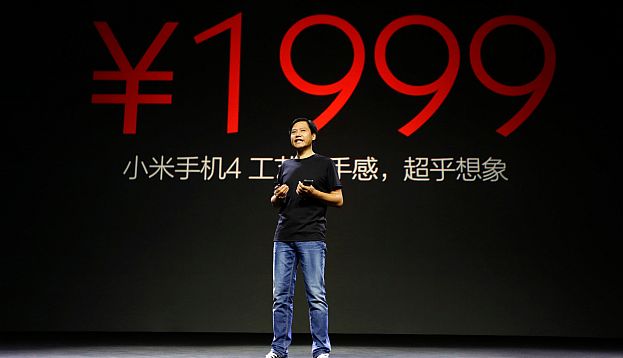While the OUYA has struggled to find footing in the ever-growing video game console market with its affordable Android console and game service, there’s no question that there’s potential for growth. One recent indication to this is the company’s recent news that it’ll be bringing its game service (but not its game console) to China, through a forthcoming partnership with Xiaomi.
Ouya has teamed up with the smartphone seller to bring its library of independent and popular games to living rooms, through Xiaomi’s streaming devices and smart TV’s. Xiaomi has been rapidly gaining market share in China, with many describing it as the Apple of China with its emphasis on design — much of it based on Apple’s clean design language, but built around Android.
The deal benefits Xiaomi as well, since it just made its way into the TV and set-top box market last year, following its heightened success with selling smartphones.
OUYA chief executive Julie Urhman said details are still being worked on before the deal will be closed, but in the end, the service is likely to have its own devoted channel through Xiaomi software, available for installation on the devices. From there, gamers can shop to their heart’s content and try over 600 different titles available. Ouya’s titles have been optimized for use with a game controller, giving them an advantage over standard Android games that only work with touch screens.
“For the likes of Xiaomi’s MiTV, its set-top boxes and other Android set-top boxes that are entering the market, this could be a turning point … in bringing great content and developers to gamers and into a region that they have never had access to before,” Uhrman told Reuters.
As part of the deal, Xiaomi will probably play a part in marketing OUYA games as well, possibly opening up a large new revenue channel for the company, assuring its success moving onward. It needs every bit it can get, as the PlayStation 4 and Xbox One still take up a majority of the market with their respective next-gen hardware.
Considering the growth of the Chinese game market ($14 billion last year alone), this is a partnership that’s sure to pay off over time. “The whole industry is still in a very early development stage,” said Uhrman. “There is an opportunity for both” companies, she believes.
Source: Recode.net

